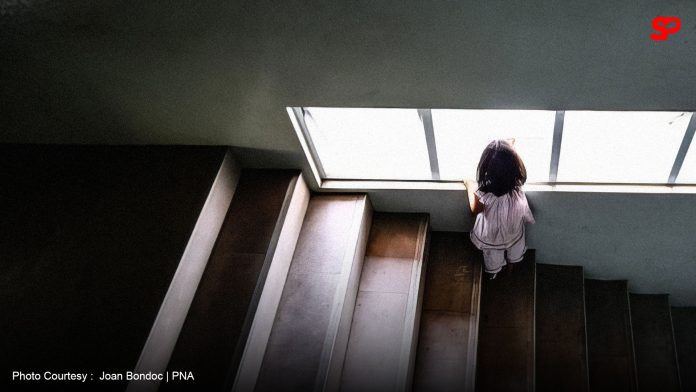MANILA – The Department of Social Welfare and Development (DSWD), as the lead of the Philippine delegation in the first Global Ministerial Conference on Ending Violence Against Children, pledged to adopt a whole-of-nation approach to put an end to the menace.
“The Philippines is committed to put in place a more robust child protection systems strategy in its legal and policy frameworks, with specific attention to government coordination structures,” DSWD Assistant Secretary for International Affairs, Attached and Supervised Agencies Elaine Fallarcuna said during her speech at the global conference held in Bogota, Colombia on Friday.
On the pledge topic regarding response and support services for children, the Philippine government committed to institutionalize multidisciplinary teams in all cities, municipalities, and public hospitals across the country by 2030, according to the DSWD news release on Saturday.
“Each multidisciplinary team shall be composed of doctors, police officers, workers, lawyers, and other professionals and service-providers, who shall respond and manage all cases of violence against children in a trauma-informed approach,” Fallarcuna said.
In terms of foster care and adoption services, the Philippine government will increase foster parents to at least 10 per partner child-placing agencies in municipalities, cities and provinces.
By 2030, the Philippine government commits to promote adoption by processing petitions for domestic adoptions within nine months of filing.
The Philippine government also committed to reinforce the rights of children to meaningful participation, especially child victim-survivors, by mandating a substantial number of children to be included in the drafting, implementation, and evaluation of policies that concern them on the national and local levels.
For the pledge topic on human, financial, and infrastructure resources, Fallarcuna said the Philippines will make sure that at least three percent of the general fund is allocated for child-protection programs, particularly, in a line item to be monitored through different sectors and with annual budget increases from 2024 to 2030.
“This will ensure that resources for child-protection programs are properly identified, attributed, and not diverted,” she said.
The Philippine government will also “develop a child protection systems strategy with a comprehensive and more robust mechanism, with particular focus in learning institutions, including the development of child protection specialists, in national legislation, executive issuances, and local legislation.”
Recognizing the need to address financial stress on parents, Fallarcuna said the Philippine government will provide parent and caregiver support through economic- or income-strengthening programs, as well as evidence-based parenting sessions to educate parents or caregivers and encourage them to replace corporal punishment with non-violent discipline techniques.
The Philippine government will contribute to making a safe digital environment for children through the development of a strategic plan that will combat Online Sexual Abuse and Exploitation of Children, and Child Sexual Abuse and Exploitation Materials, to be implemented in 2025. (PR)

